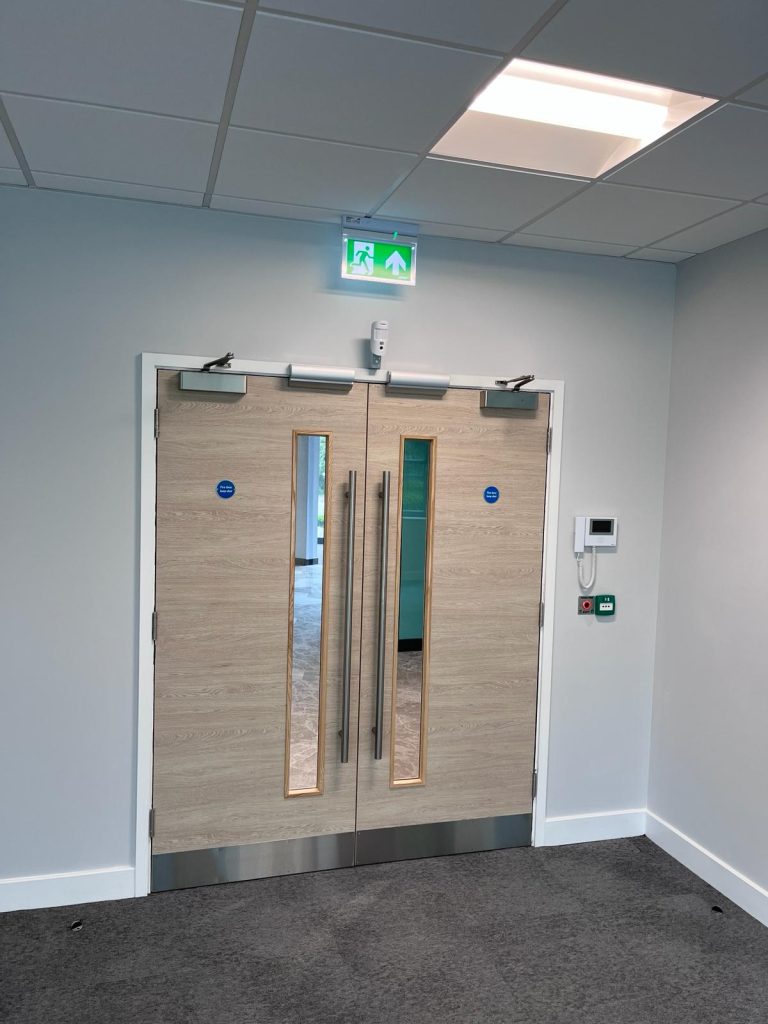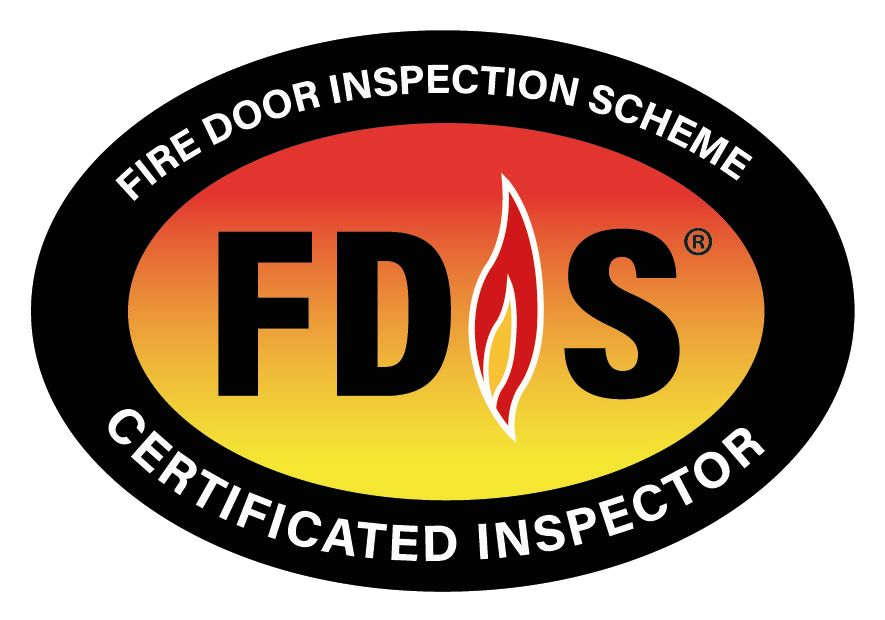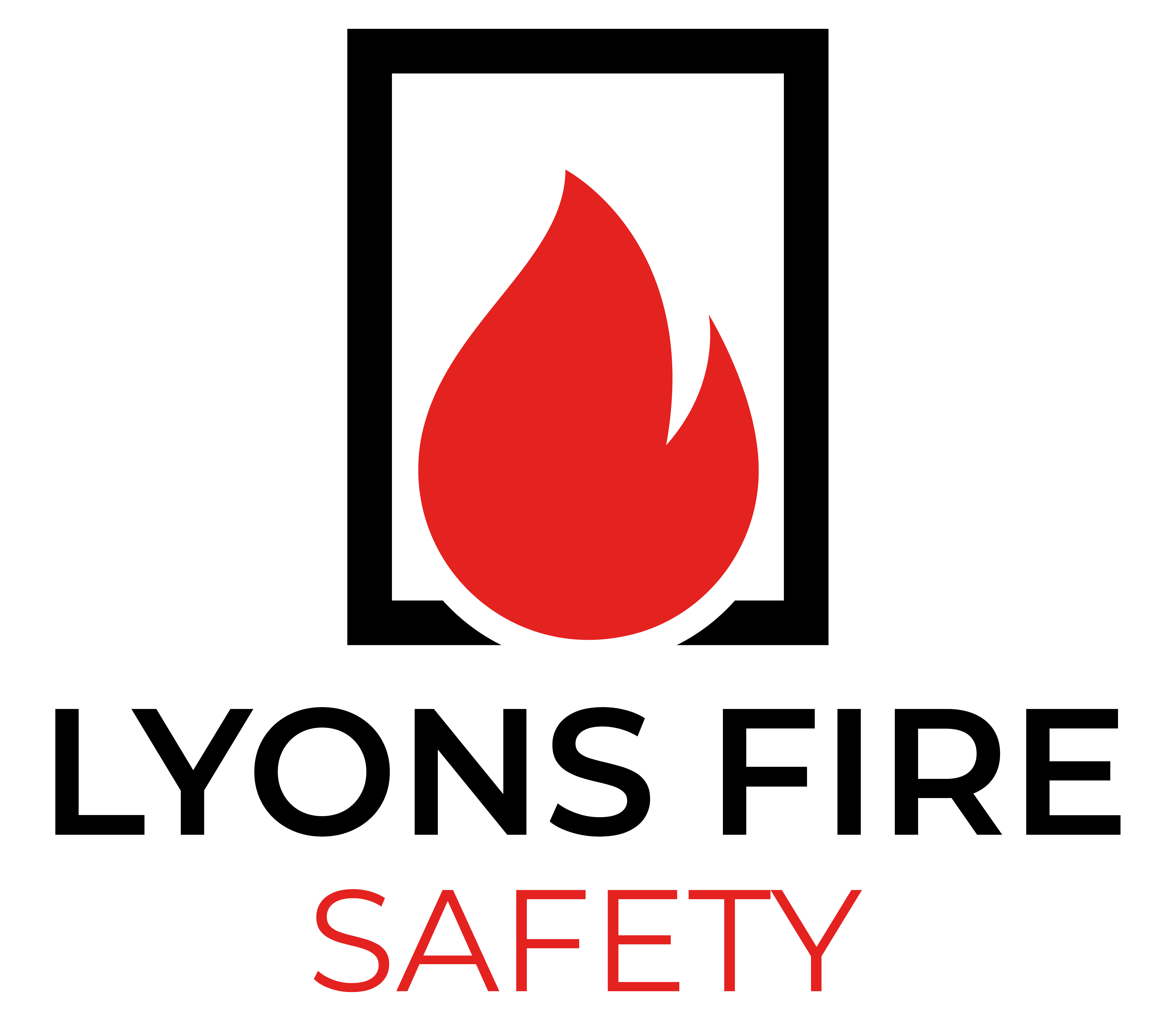Fire Door Safety: Critical Protection for Care Homes and Nursing Facilities
Ensuring resident safety and security is the top priority for any care home or nursing facility. As an owner or manager of such an establishment, you hold the solemn responsibility of protecting your vulnerable residents from all potential hazards, including the devastating threat of fire.
Fire doors play an absolutely essential role in any care environment by compartmentalising any outbreaks of fire, impeding rapid fire spread across sections, and enabling safe evacuation procedures. At Lyons Fire Safety, our expertise lies in providing comprehensive fire door solutions tailored specifically for care homes and nursing facilities.
Our services include thorough fire door inspections, implementing necessary upgrades to meet regulations, as well as ongoing maintenance and support.
By partnering with us for your fire door needs, you can have complete peace of mind knowing your residents are protected by the latest in fire door safety standards and technology. Contact us today to discuss a customised fire door solution for your specific care home or nursing facility.
In this comprehensive guide, we’ll detail:
- An overview of the diverse fire risks found in care settings.
- A summary of the relevant fire safety regulations you must comply with.
- Best practices for maintaining fully compliant and effective fire doors.
- The benefits of installing modern glazed and automated fire doors.
- The critical importance of self-closing mechanisms and intact seals.
- How Lyons Fire Safety can help you achieve total fire door safety for your facility.
Overview of Fire Risks in UK Care Homes
Care homes face an array of fire risks that require proactive risk management. According to Home Office statistics, there were 500 primary fires in UK care homes through 2020/21. The vulnerable profile of residents along with common fire hazards make outbreaks extremely dangerous. Some of the most prevalent fire risks care homes face include:
Assisted Living
Impaired mobility of residents makes quick evacuation challenging. Also, mental impairments like dementia limit fire safety awareness and reaction time. Over 60% of fire casualties in care homes have mobility issues. Personal Emergency Escape Plans (PEEPs) should be in place for residents with mobility issues.
Smoking
Despite bans, clandestine smoking remains a hazard. Smoking materials can ignite bedding, furniture and medical oxygen. The London Fire Brigade reports that 13% of care home fires are smoking-related.
Combustible Materials
The abundance of fabrics, furniture and paper provides fuel for fires. Materials like curtains, bed linens, upholstered furniture and clothing are highly flammable. Good housekeeping principles and regular cleaning can help control combustible materials.
Cooking Equipment
Unattended cooking is a major fire hazard. Around 41% of care home fires are caused by cookers and the act of cooking, and 21% by kitchen appliances. Appliances like stoves, ovens, microwaves and toasters can ignite nearby combustibles.
Electrical Faults
Faulty electrical installations and old, damaged wiring can easily cause fire through sparks and short circuits. Overloaded sockets are also a concern. Regular checks and maintenance of electrical equipment are crucial.
Arson
While rare, deliberately set fires do occur and can have catastrophic consequences in environments with vulnerable occupants. Security measures should be in place to prevent such incidents.
Fire Suppression Systems
The absence of systems like sprinklers and extinguishers can allow a small fire to escalate quickly.
Why Fire Door Safety is Important
Robust fire safety provisions like fire doors are vital to contain outbreaks before they endanger residents who may not react swiftly on their own or be able to evacuate independently. Additionally, all care homes are required to have appropriate fire detection and alarm systems. It’s also a good idea to hold regular fire drills to ensure that everyone knows what to do in the event of a fire.
Please note that these are general guidelines and the specific requirements may vary depending on the individual care home and its circumstances. It’s always best to consult fire safety professionals, such as us, for a comprehensive fire safety assessment.
Related: take a look at our previous blog on fire safety in hotels for more information. Naturally, there is an overlap between fire safety in care homes and hospitality venues.
Relevant Fire Safety Regulations for UK Care Homes
To ensure resident safety, care home owners and managers must comply with several key fire safety regulations and standards in the UK:
The Regulatory Reform (Fire Safety) Order 2005 – This requires fire risk assessments and implementing appropriate fire safety measures like alarms, signage, and fire-resisting doors and walls.
Building Regulations Part B – Fire Safety – This approved document specifies standards for fire resistance, means of escape, compartmentation, and other provisions based on building type and use.
BS 9999: 2017 – Code of Practice for Fire Safety in the Design, Management and Use of Buildings – This comprehensive standard provides detailed guidance on fire safety provisions and risk assessments for different building types.
PAS 79: 2020 – Fire Risk Assessment – Guidance and a Recommended Methodology – This outlines a structured approach to conducting and documenting fire risk assessments.

To comply with these regulations, care homes must have effective compartmentation, using fire-resisting construction materials. Internal fire doors should be FD30 rated, meaning 30 minutes of fire resistance. External doors should be FD60 rated with 60 minutes fire resistance. Robust fire doors are crucial to contain fires and ensure safe evacuation.
By partnering with Lyons Fire Safety, we can ensure your fire doors and provisions meet all the latest legislative requirements for UK care home environments.
Implementing Best Practices for Compliant, Effective Fire Doors
To maximise fire safety, care home owners and managers should follow these best practices for fire doors:
Conduct Rigorous Inspections – Schedule and document regular in-depth inspections of all fire doors, frames, seals, hinges and self-closing mechanisms to identify any damage or issues.
Ensure Self-Closing Mechanisms Work – Confirm that self-closing devices fully close doors to the frame every time to prevent doors being left ajar. Adjust or repair as needed.
Inspect Intumescent Seals – Check seals around the edges of fire doors for any gaps or deterioration which can compromise fire resistance. Replace damaged seals right away.
Replace Damaged Fire Doors Immediately – Any fire doors that are defective or damaged should be changed as soon as possible to maintain fire compartmentation. Keep spares on hand for rapid replacement.
Keep Fire Doors Unobstructed – Ensure fire doors are kept clear of obstructions and not wedged or propped open in any way that could prevent proper closure.
Close All Doors Nightly – Ensure staff close all fire doors completely every night as part of the nightly shutdown routine to maintain fire protection.
Provide Staff Training – Train all staff regularly on proper fire door protocols, including operation, maintenance and prohibition on wedging doors open.
Install Modern Glazed and Automatic Fire Doors
Glazed fire doors allow visibility into rooms and corridors for improved monitoring while maintaining fire resistance. Available with fire-rated glass up to FD60 standards.
Additionally, automatic fire doors reliably close when smoke detectors are activated, without reliance on manual intervention. This reduces the risk of doors being left open – especially important within a care home environment. By partnering with fire safety specialists like Lyons, we can help you with fire door installation for compliant, effective fire doors.
Lyons Fire Safety: Your Fire Door Safety Partner
Lyons Fire Safety: Your Fire Door Safety Partner
Don’t take chances with fire door safety. As leading experts, Lyons Fire Safety provides:
- Comprehensive fire door inspections and gap analysis
- Professional installation and upgrades
- Ongoing maintenance and repairs
- Modern glazed and automatic fire door solutions
- Fire door project management from start to finish
We ensure your fire doors comply with the latest regulations and best practices. Contact us today to discuss a customised fire door safety plan for your care home or nursing facility.
Phone: 0121 517 0562
Email: david@lyonsfiresafety.co.uk
At Lyons Fire Safety, we strive to create safer environments everywhere. Let us help make your hotel or venue a place of safety and security.


